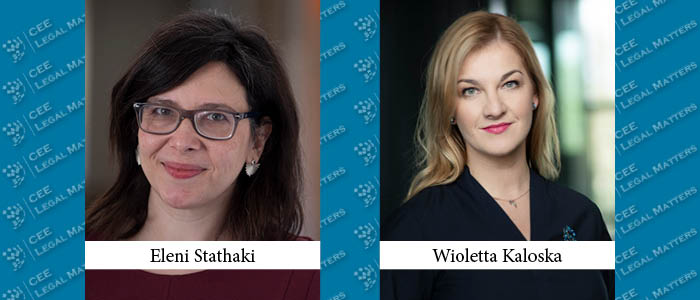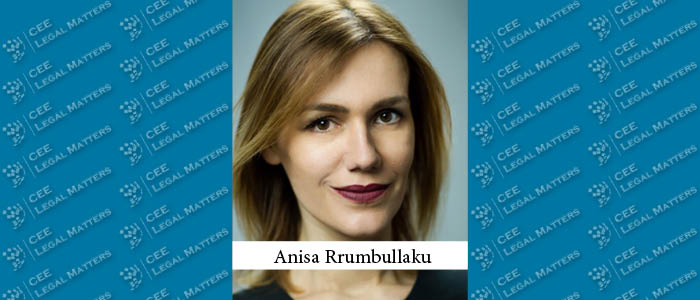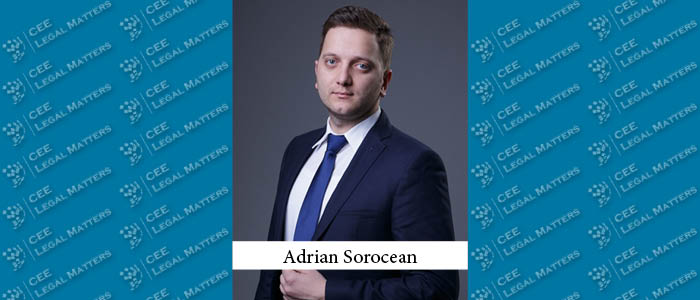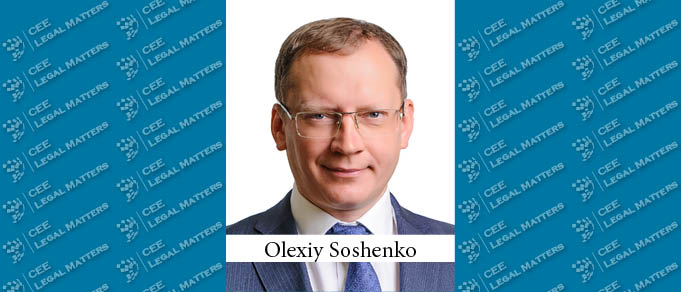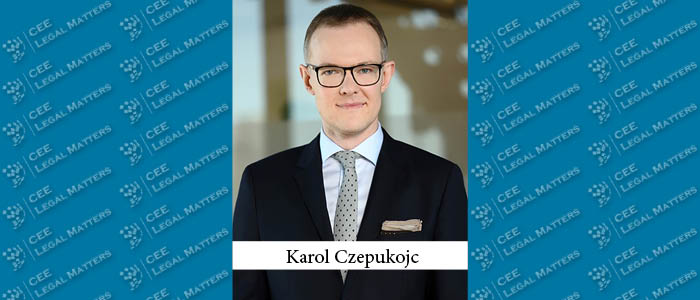In The Inside Track, General Counsels across CEE share the nuances of their roles, challenges, and strategies for success. Since now is the time when plans for next year are made (and budgeted for) this time we asked GCs: Is your in-house legal function’s budget increasing, decreasing, or remaining the same in 2024?
Looking In: Interview with Jonathan Marks and Richard Jones of Slaughter and May
In our Looking In series, we talk to Partners from outside CEE who are keeping an eye on the region (and often pop up in our deal ticker) to learn how they perceive CEE markets and their evolution. For this issue, we sat down with Slaughter and May Partners Jonathan Marks and Richard Jones.
Croatian M&A Market: A Slower Year
In 2023, Croatia’s M&A market faced unexpected challenges on several fronts. Lovric, Novokmet & Partners Partner Mate Lovric and Divjak, Topic, Bahtijarevic & Krka Senior Partner Damir Topic discuss the market’s slowdown in the year behind us.
Inside Insight: Interview with Tomislav Pifar of Infobip
Infobip General Counsel Tomislav Pifar first joined the company in 2011 and has been a witness to the company’s remarkable growth over the past 12 years. In reflecting on his journey, he explores the evolution of in-house legal work and international exposure, placing a particular emphasis on the transformative impact of AI on daily operations.
Managing Human Capital During a State of War
Marked by the turbulence of war, Ukraine’s legal sector has adjusted to the new circumstances but potential future talent challenges loom on the horizon.
Know Your Lawyer: Iva Miskovic of Miskovic & Miskovic
An in-depth look at Iva Miskovic of Miskovic & Miskovic covering her career path, education, and top projects as a lawyer as well as a few insights about her as a manager at work and as a person outside the office.
Know Your Lawyer: Armen Khachaturyan of Asters
An in-depth look at Armen Khachaturyan of Asters covering his career path, education, and top projects as a lawyer as well as a few insights about him as a manager at work and as a person outside the office.
Slovenia: Amendment to the Insolvency Act Brings Additional Duties to the Management and Supervisory Bodies
On November 1, 2023, the amendment to the Slovenian Insolvency Act (ZFPPIPP-H) entered into force and introduced a series of significant changes that should not be overlooked.
Austria: Success of Reorganization Plan and Out-of-Court Restructurings, Yet Failure of Preventive Restructuring Procedures
Austria implemented Directive (EU) 2019/1023 on preventive restructuring frameworks with the Restructuring Regulation, which came into force on July 17, 2021, and introduced (further) judicial proceedings for preventive restructuring. Practice, however, has shown that the reorganization plan in insolvency proceedings and out-of-court restructuring remain the methods of choice in Austria.
North Macedonia: Saving Businesses – Restructuring vs. Liquidation
As a result of the challenges that the local market has been facing over the past years brought on by the recent pandemic, wars, and other changes in the market, the majority of businesses are faced with losses and accumulating high levels of debt. Consequently, enormous pressure is imposed on businesses, including on their viability, which, in turn, pushes the need to explore methods for overcoming these obstacles.
Hungary: A General Overview of the Current Solutions for Insolvency in Hungarian Law
If someone is unable to pay their outstanding and due debts (or is just partly able to do so), that person is considered insolvent. This applies to companies and to natural persons as well. The number of companies that had to cease operations because of insolvency increased in 2023. Although the Hungarian legal environment provides several solutions to this problem, these have different effectiveness and have different consequences for both debtors and creditors. Below is a general overview of the four typical procedures for dealing with insolvency in the current Hungarian law.
Kosovo: Insolvency and Restructuring for Banks and other Financial Institutions – What is There to Know?
In Kosovo, there has been a diverse blooming of local and international companies. In the daily transactions of these companies, financial institutions continue to act as a catalyst that affects industries’ development. However, as opposed to these companies, financial institutions in Kosovo are regulated exclusively by the Law on Banks and the Law on Insurances. One important aspect of these laws is the procedures for the establishment, recovery, and liquidation of financial institutions in Kosovo, where an active role is foreseen for the Central Bank of the Republic of Kosovo (CBK) as a regulatory body in issuing guidelines and also approvals in cases of restructuring and voluntary dissolution of the financial institutions.
Albania: Insolvency and Restructuring
Albania underwent a substantial overhaul in its approach to insolvency and restructuring proceedings with the enactment of Law No. 110/2016 “On Bankruptcy” in 2017. This legislative stride replaced a prior law that had been in effect since 2002, often leading to disputes and difficulties in uniform enforcement.
Serbia: Navigating International Insolvency – Informing, Lodging Claims, and Legal Frameworks
All domestic or foreign creditors can lodge claims in insolvency, but international practice shows a stark disadvantage for foreign creditors despite supposed equality. This article delves into two key aspects – how foreign creditors are informed and lodge claims – shedding light on their status within Serbia’s legal framework. Key insights stem from major international documents like the UNCITRAL Model Law on Cross-Border Insolvency (MLCBI), EU Regulation 2015/848 on Insolvency Proceedings (Regulation), with Serbian insolvency primarily governed by the Insolvency Act (Act).
Czech Republic: Preventive Restructuring Introduced
On September 23, 2023, the Act on Preventive Restructuring came into force in the Czech Republic. It transposes EU Directive 2019/2023 on preventive restructuring frameworks, on discharge of debt and disqualifications, and on measures to increase the efficiency of procedures concerning restructuring, insolvency and discharge of debt, and amending Directive (EU) 2017/1132.
Moldova: Navigating the Insolvency Legal Landscape
Moldova faces significant challenges in terms of insolvency in the future. In exploring the factors influencing this area of law, we examine the current state of affairs, anticipate trends, and look at how legal practitioners are gearing up to meet the expected rise in demand. Let’s break down the key points.
Ukraine: Debt Restructuring Trends
The Ukrainian economy has endured unprecedented shocks resulting from the unprovoked invasion by Russia, which led to the seizure of assets in the occupied territories, massive destruction of or damage to assets throughout Ukraine, closure of a number of markets, disruption of various transport routes, huge losses in trade, flight of capital and human resources, etc.
Poland: Outline of the Court Restructuring and Bankruptcy Legal Framework
In a time of economic turmoil, company directors and owners focus on maintaining their businesses as going concerns, ensuring financial stability, and managing relationships with their creditors, contractors, and employees. When necessary, that includes considering strategic debt management options. On the other hand, creditors and contractors concentrate on properly assessing and understanding the risks associated with a dynamically changing commercial environment, evaluating their strategies toward clients, and implementing adequate safeguards and responses to emerging threats.

